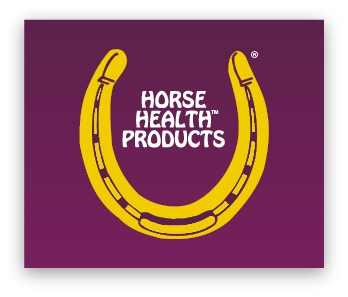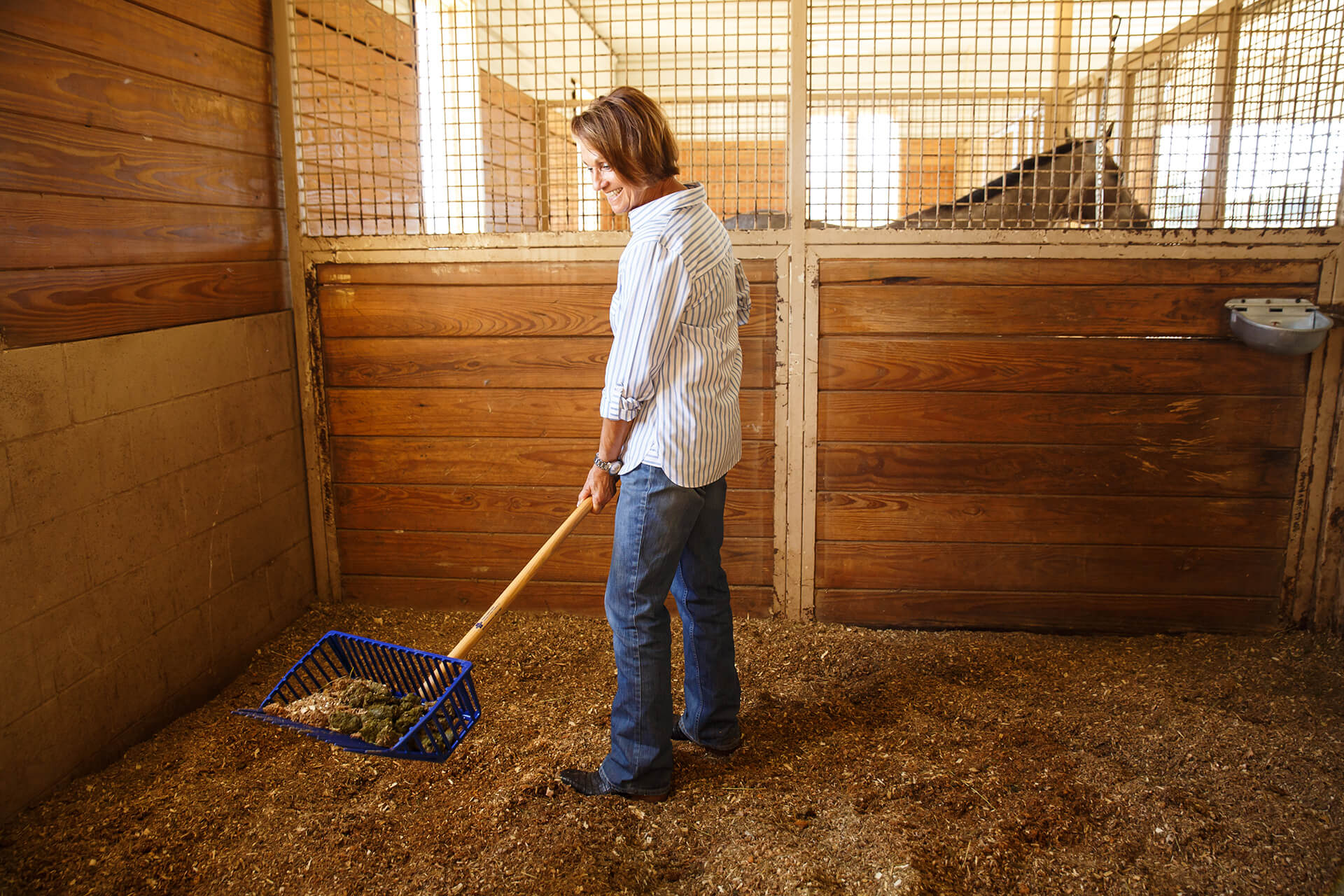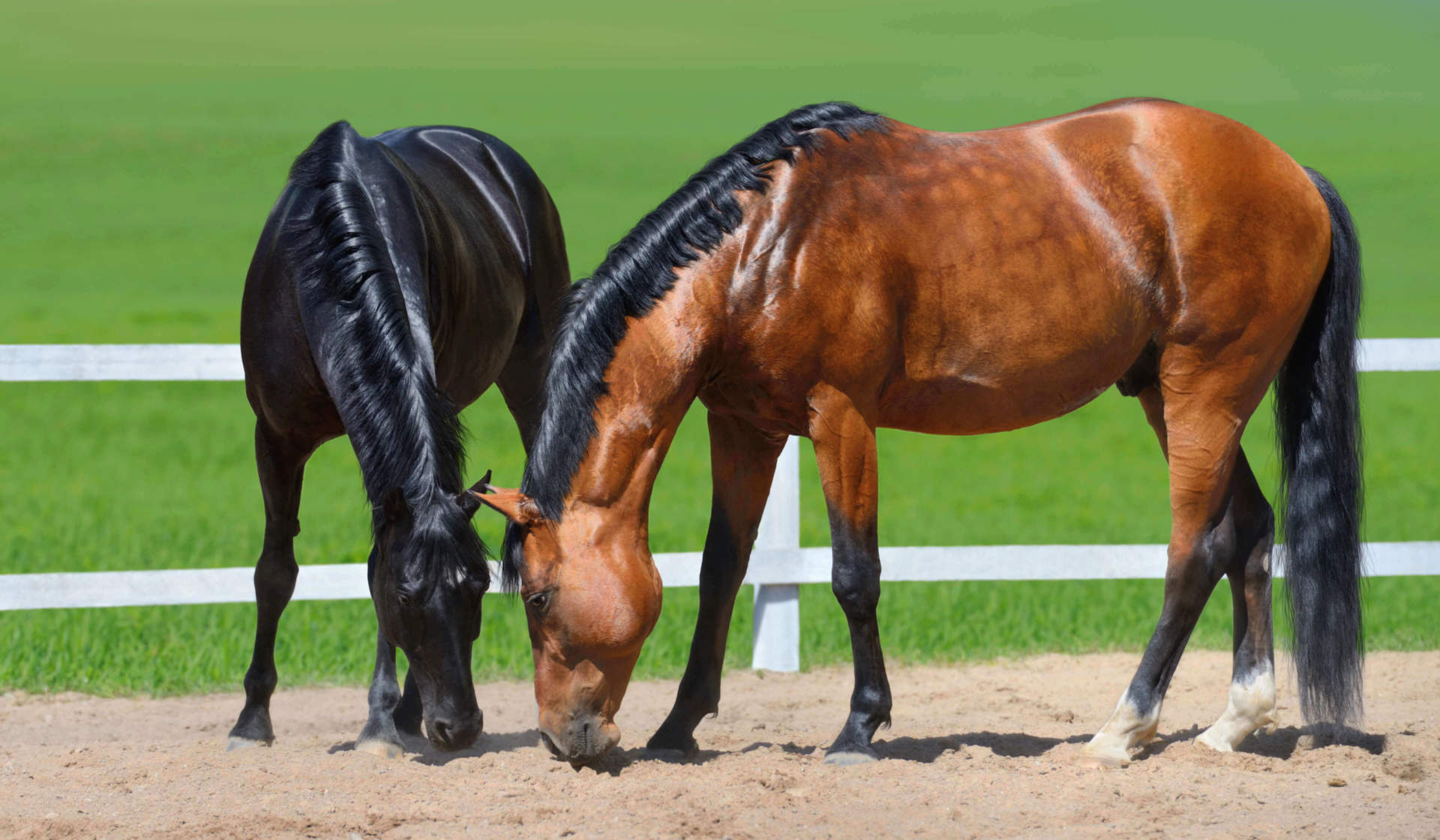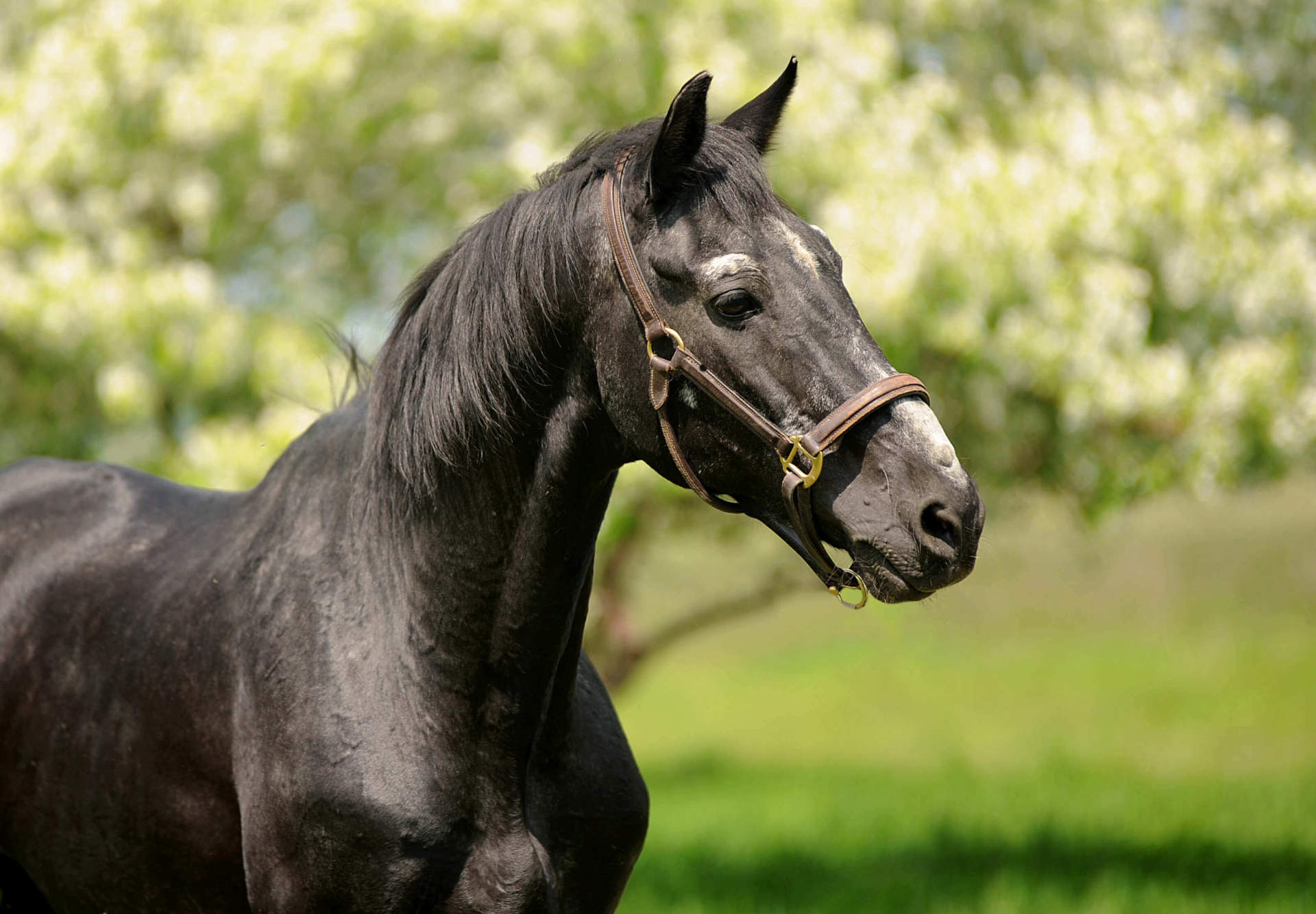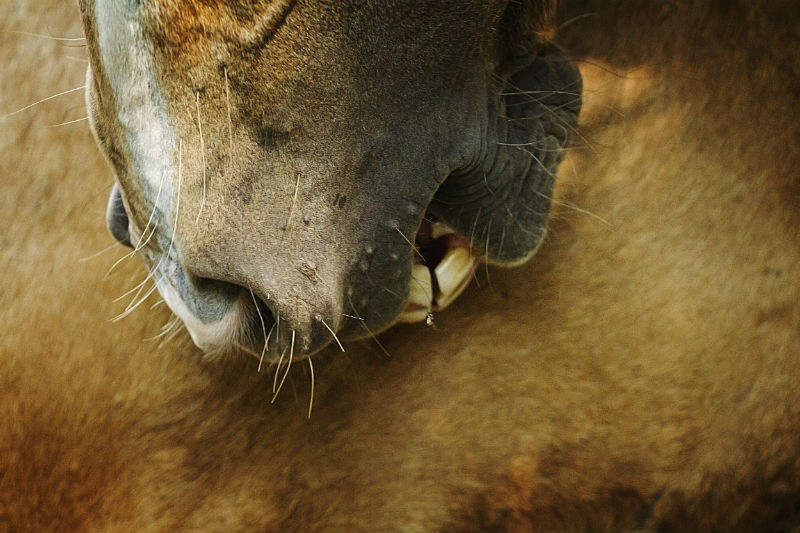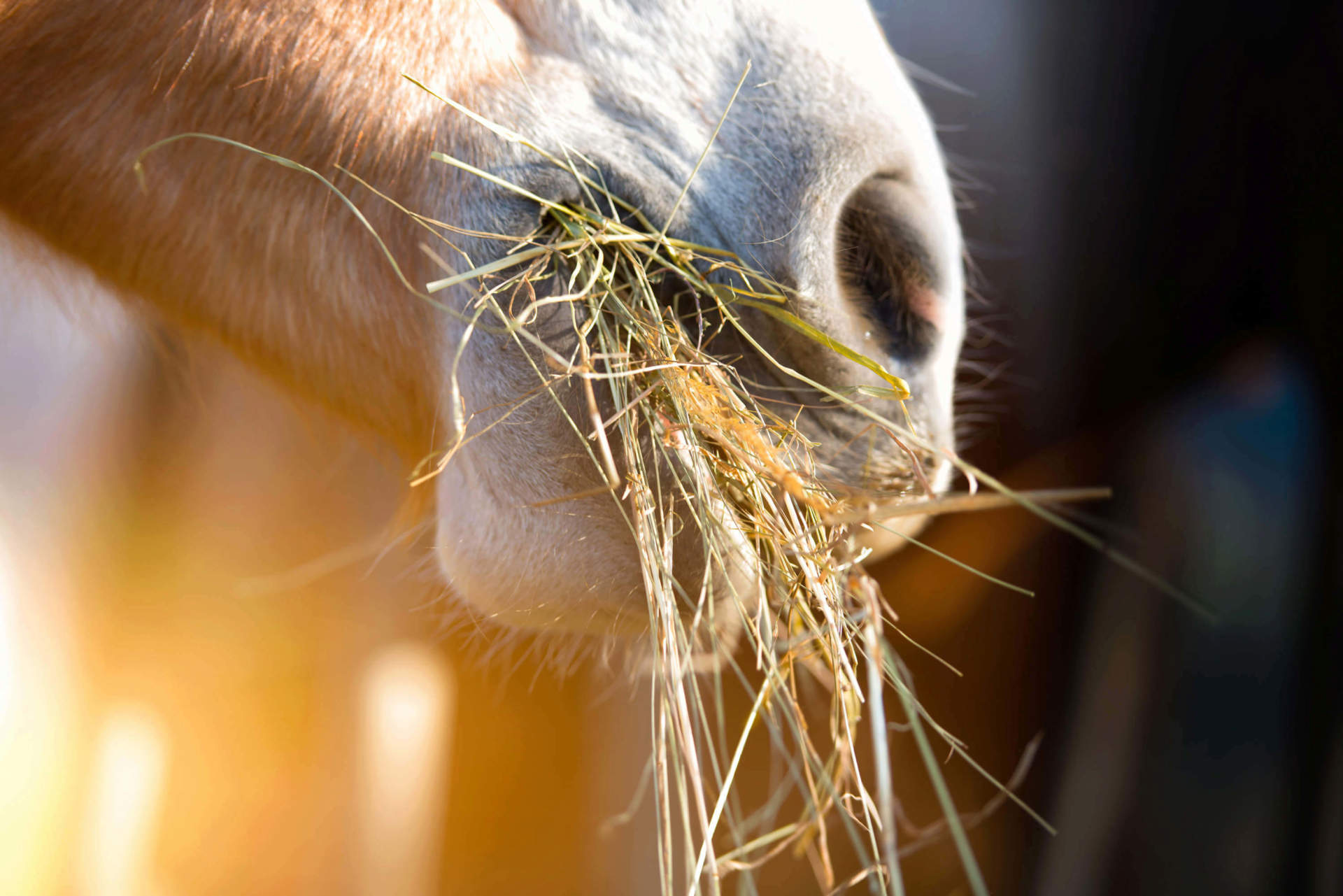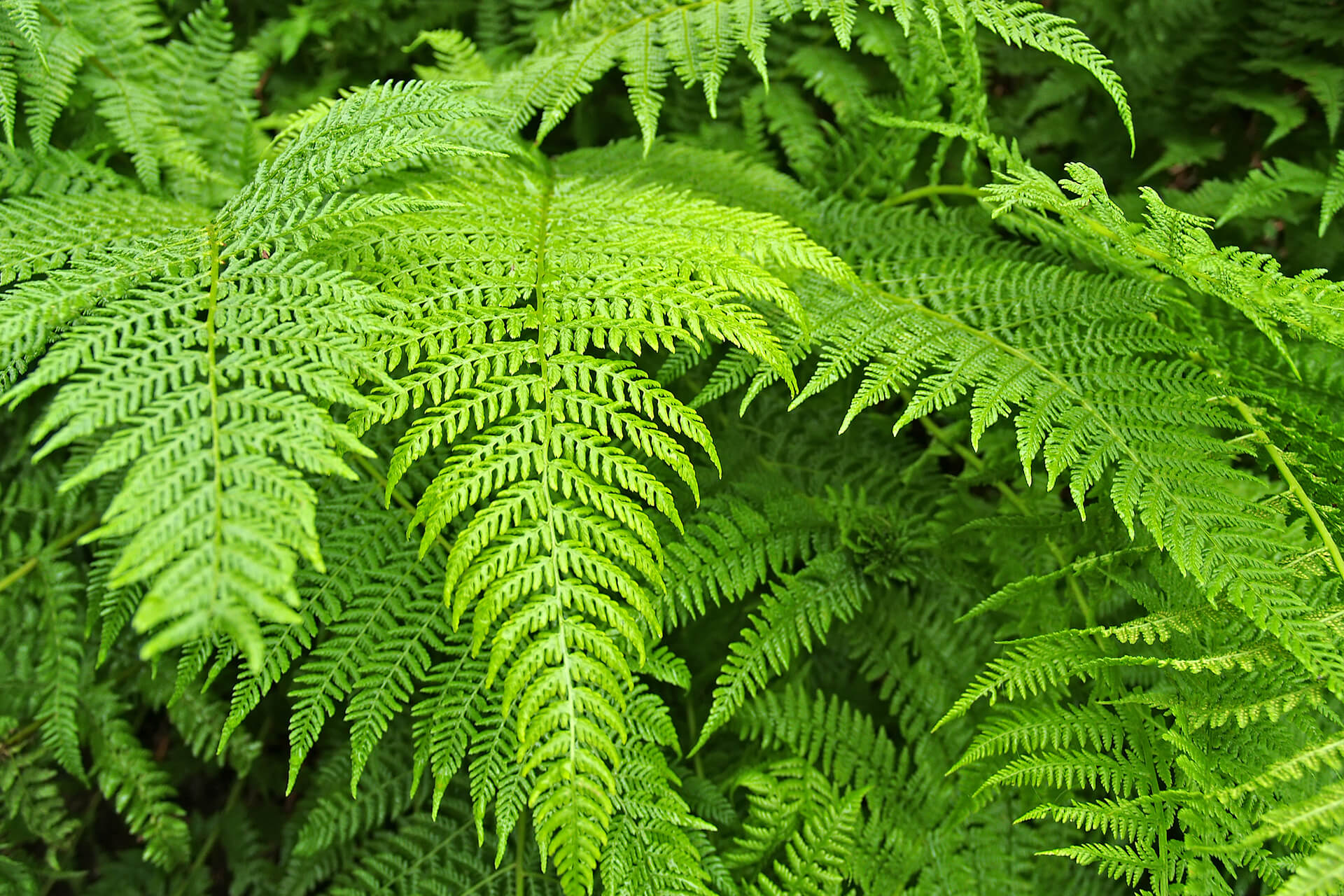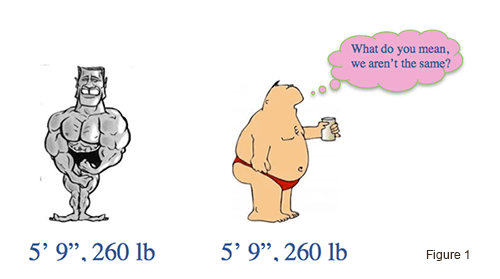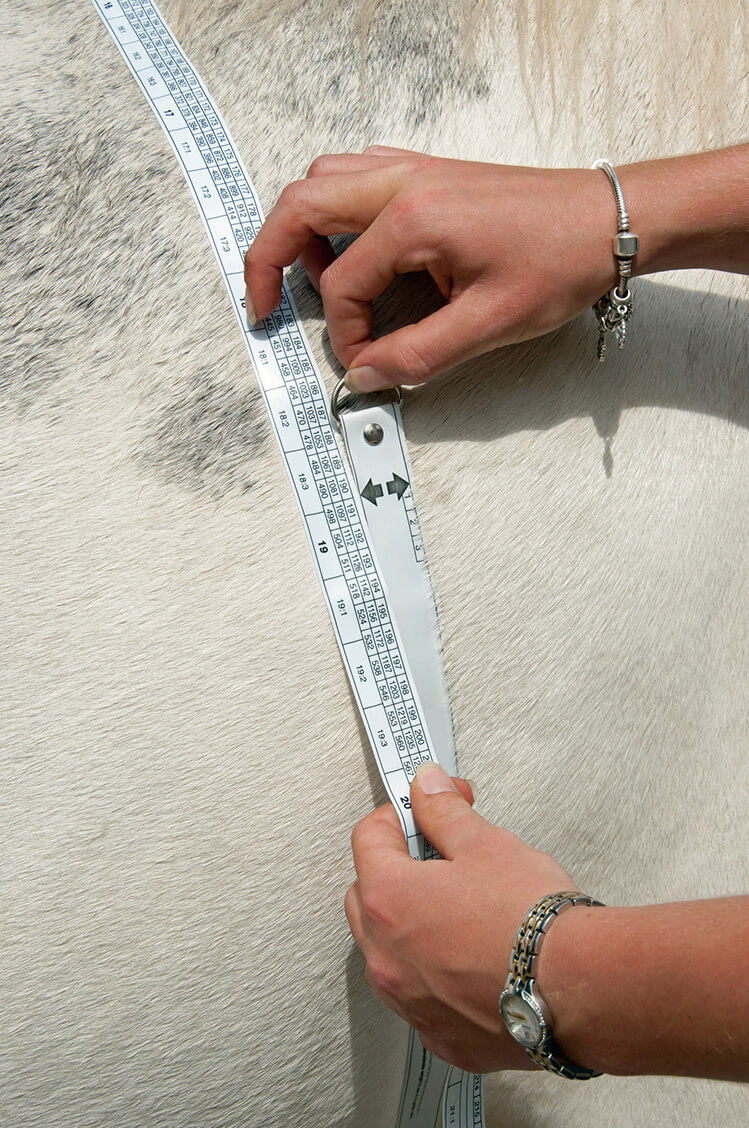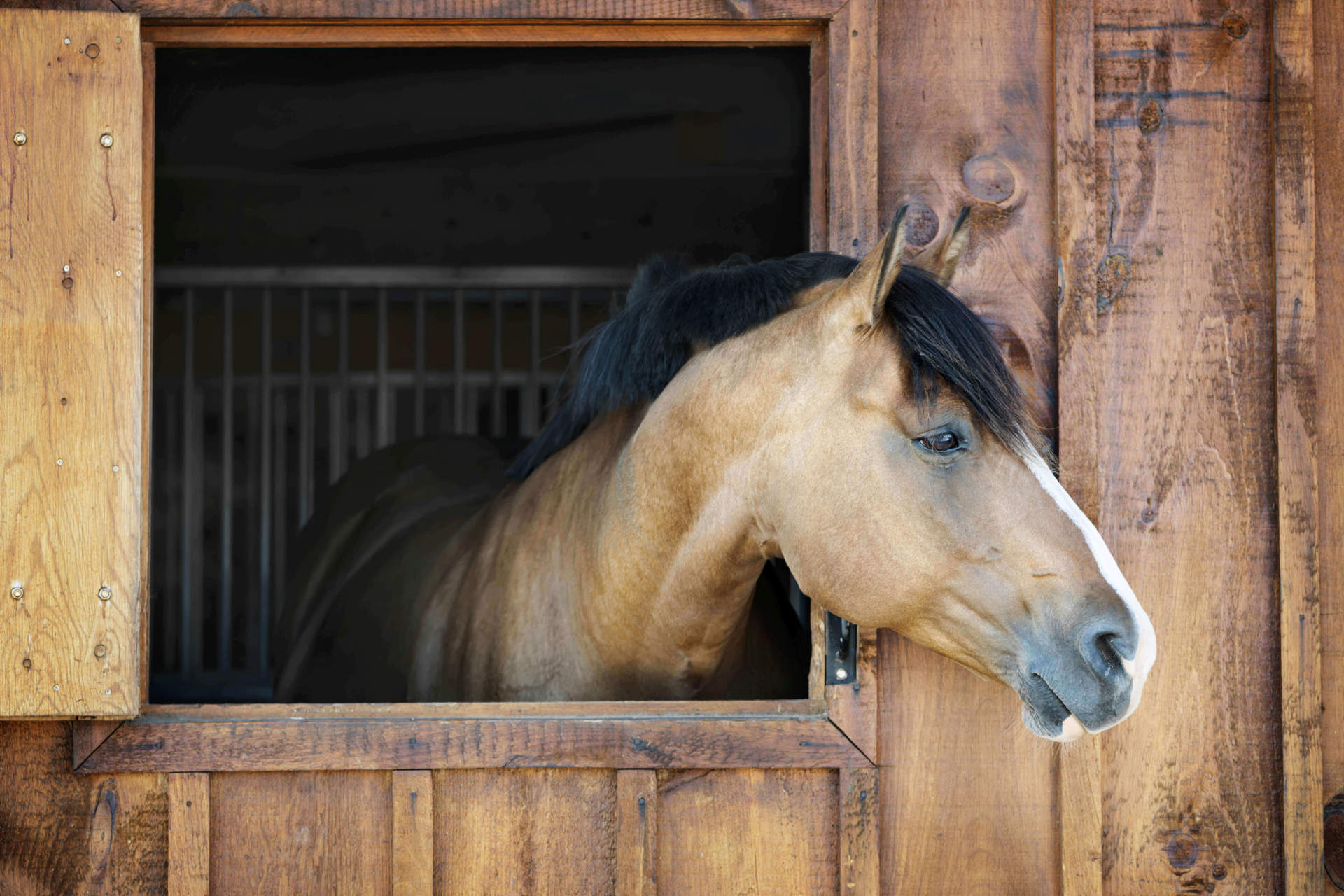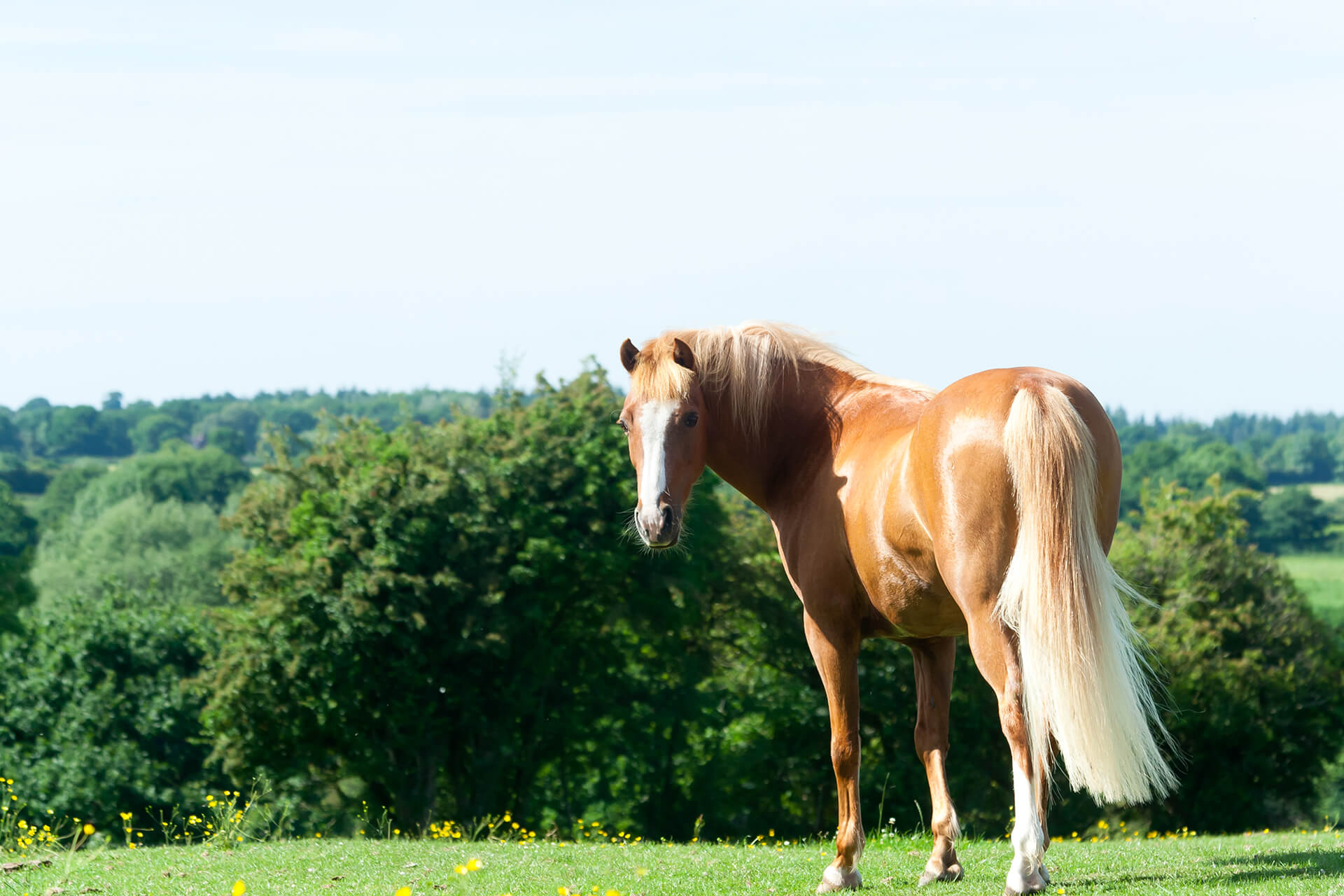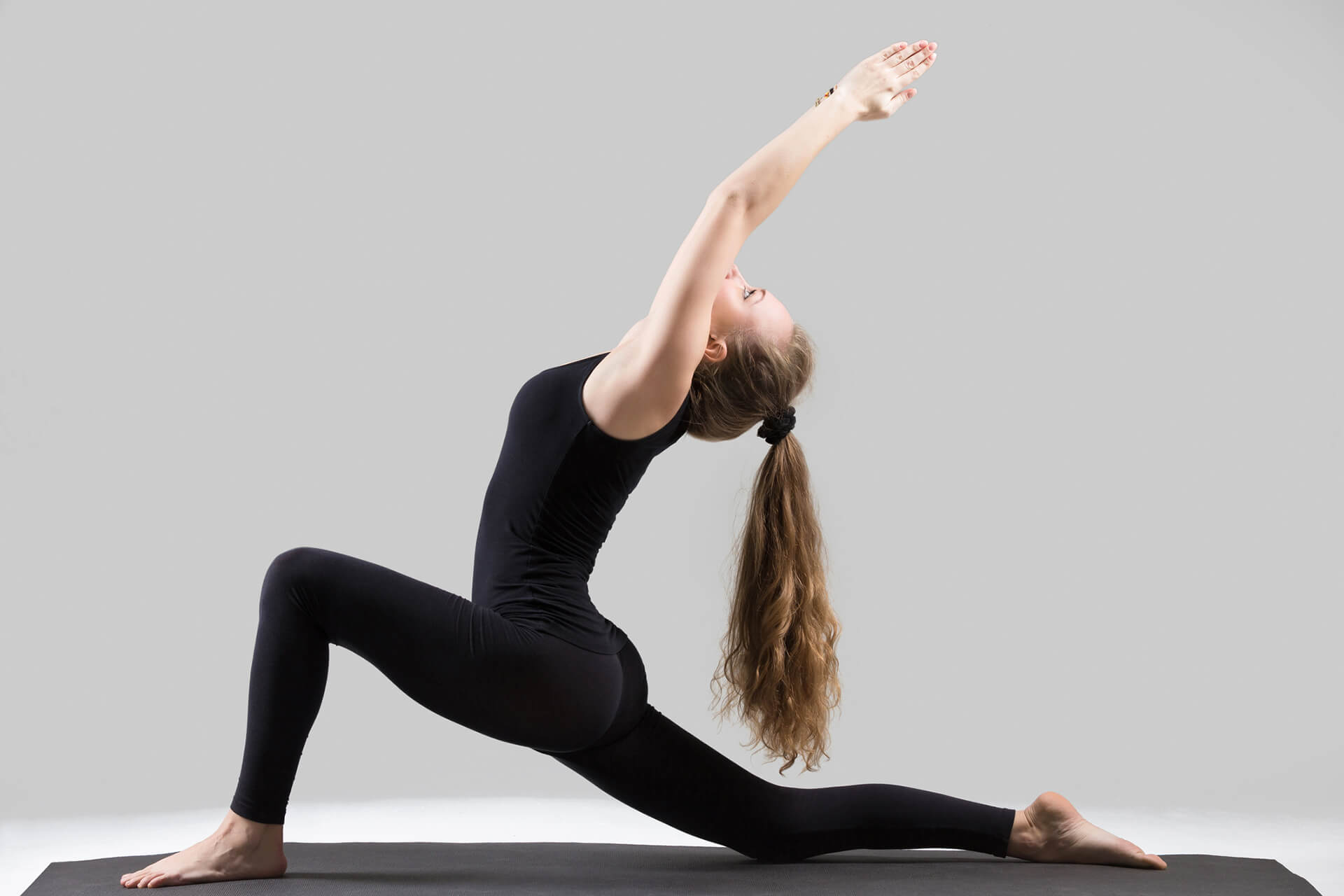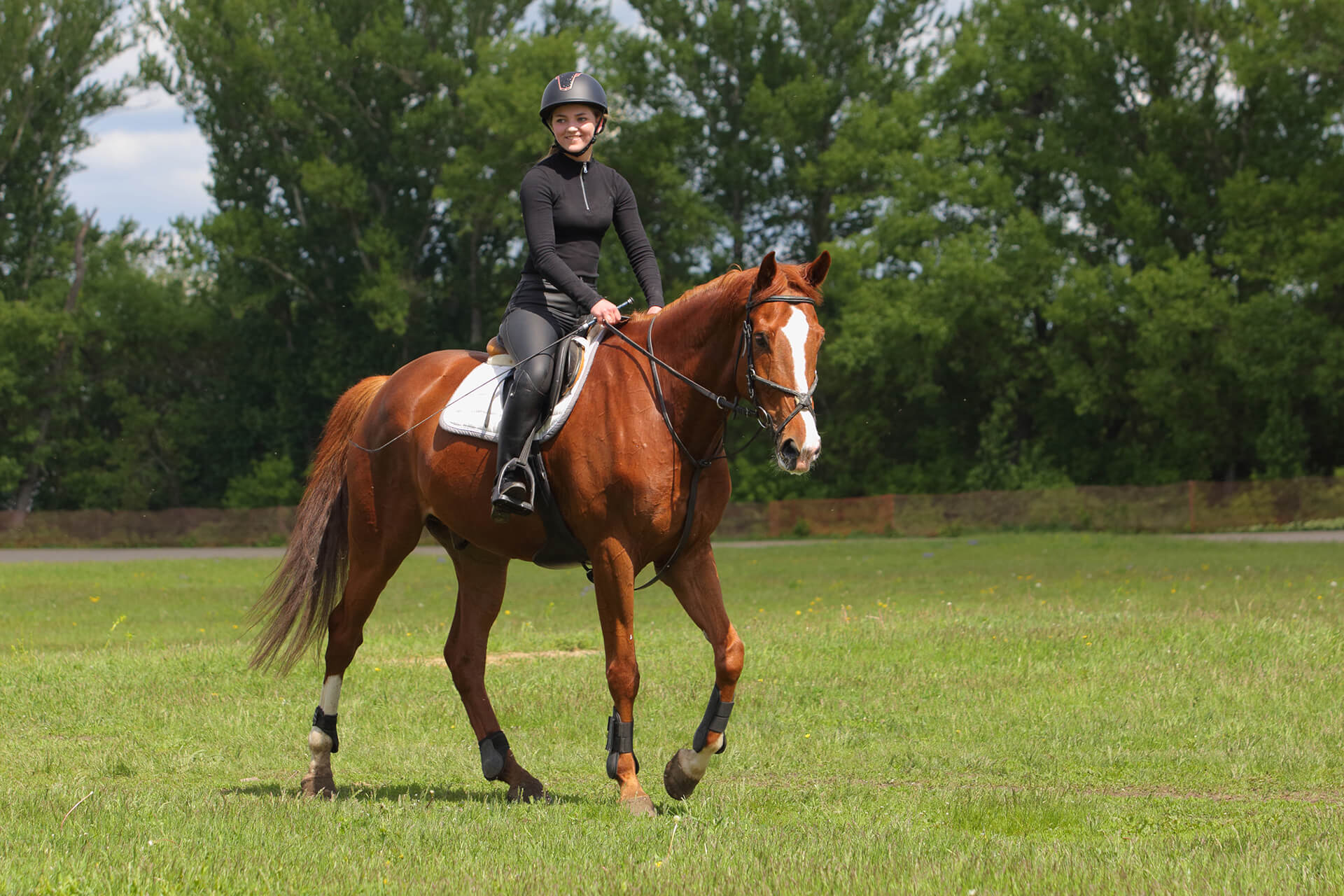EQUINE HEALTH
-
5 Things to Look for in Your Horse's Manure
Analyzing your horse’s manure can reveal important information and is one of the best ways to monitor your horse’s health. Read about the 5 things to look for in your horse's manure!
-
Anatomy of Your Horse’s Skin
Skin is a very important part of horse anatomy & health. Understanding the makeup of his skin is the first step to keeping it healthy. Learn more today!
-
Caring for Senior Horses
Thanks to better nutrition, management & veterinary care, horses are living much longer. Let Horseman’s Report help you care for your senior horse!
-
Oh, Crud: Managing Skin Irritations
Your horse’s skin is his largest and one of his most important organs. The skin does everything from help your horse stay hydrated to hold his body together; healthy skin also blocks invading pathogens and provides protection against bugs and the sun.
-
Equine Emergency: Choke!
Choke in horses cause the airway stays open & the horse is generally not in immediate danger. Learn more about signs of horse choking today!
-
Poisonous Plants for Horses
Poisonous plants are a concern for all horse owners, especially for those with horses who live out on pasture. Learn which toxic plants are poisonous for horses, how to recognize them and understand the symptoms they may cause.
-
Is Your Horse Too Fat or Too Skinny?
Horse weight determines how much to feed, how much de-wormer to give & a myriad of other indicators. Learn more about average horse weight today!
-
How to Weigh Your Horse
In addition to a horse's normal, resting vital signs, every horse owner should know how much their horse weights. Learn how to weigh your horse!
-
Equine Allergies: Nothing to “Sneeze” at!
Just like people, horses can suffer from allergies too. Read Horseman’s Report to learn more about horse allergies, prevention & testing today!
-
Ways to Measure Fitness in Horses
Many factors contribute to your horse's overall fitness. To understand the full picture of your horse’s fitness, you’ll need to look at elements beyond age, weight and soundness.
-
Fitness Tips for the Horseback Rider
Riding requires a certain level of horse-rider coordination, symmetry, strength and endurance that can be enhanced through specific exercises to keep your body in motion.
-
Tips to Help Your Horse Cool Down After Exercise
The warm-up and cool-down aspects of a ride are extremely important in helping your horse stay fit and sound. Horses need proper care after a hard workout to help with cool-down and recovery.
